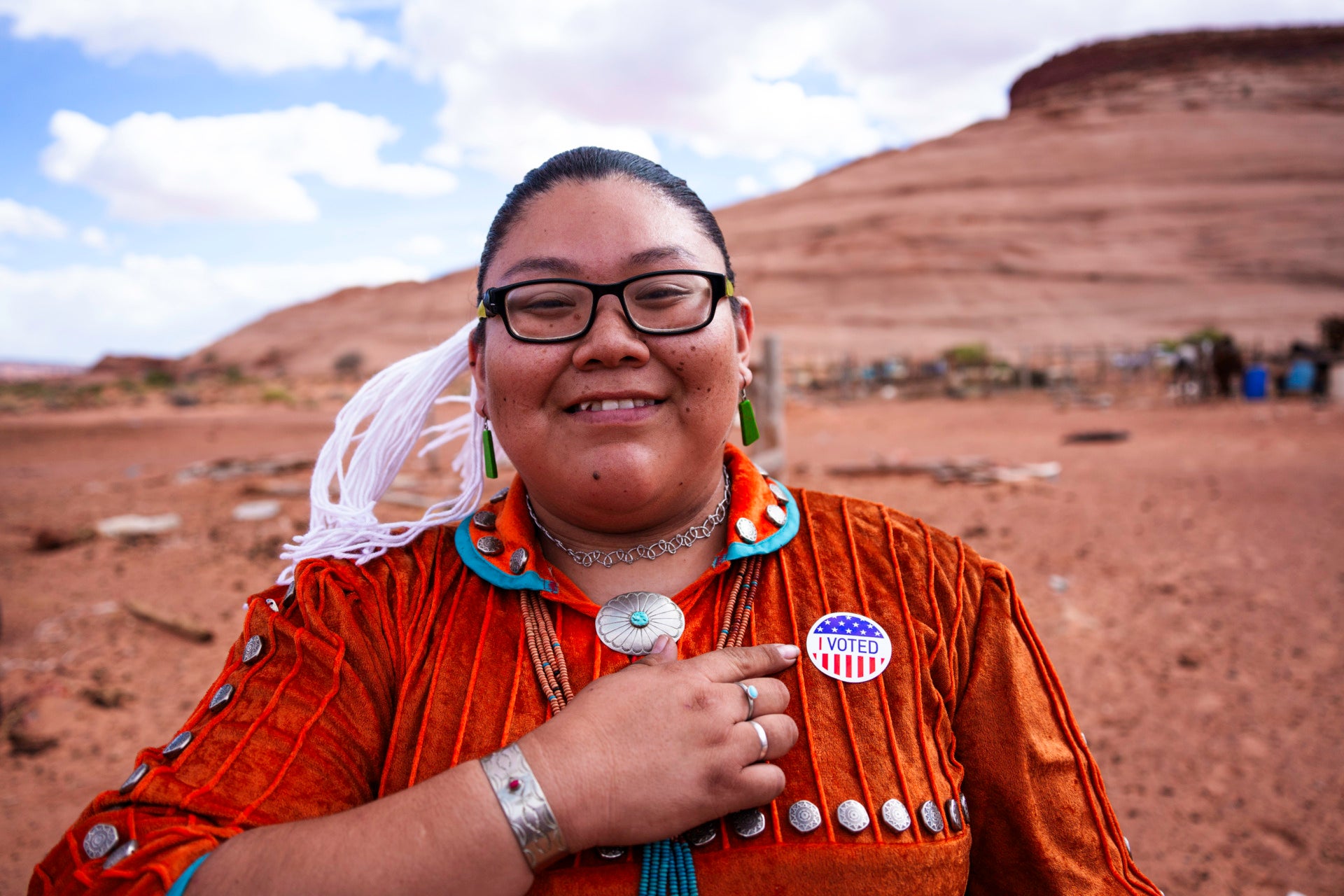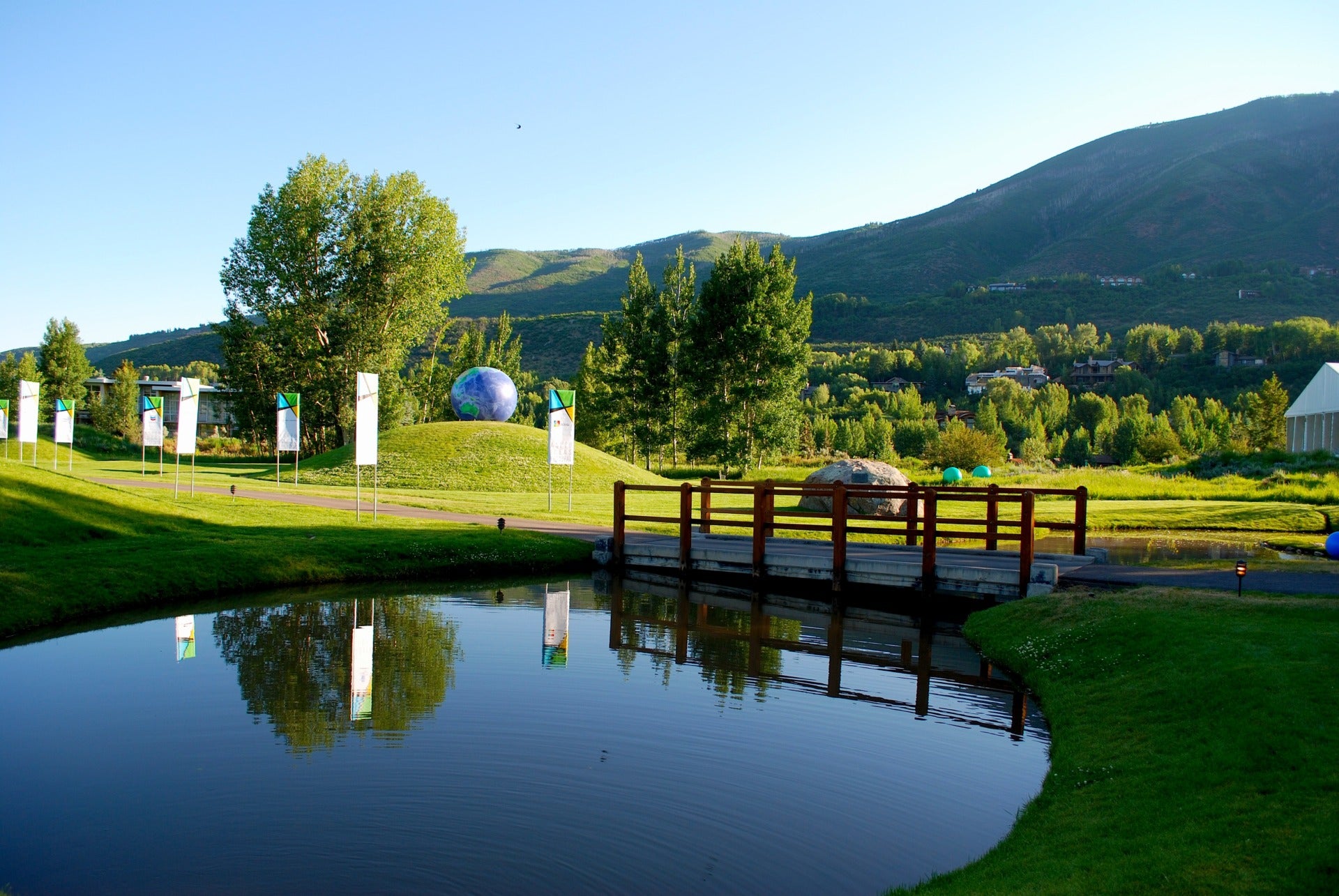In an age of “alternative facts,” it is necessary and urgent to defend the vital role of science to our wellbeing. In order to approach many of our nation’s most urgent challenges, we must make connections between proven science and sound policy. Scientists can help to inform public decision-making, just as the public can energize scientific discovery.
Instead, we are facing an alarming gap in both scientific literacy (among members of the public at large), and civic literacy (especially in the scientific community). To search for collaborative solutions to this interlocked problem, scientists and civic leaders should work together. America needs to close these gaps.
There is no shortage of examples highlighting the critical status of science in American public life. Consider the Flint water crisis, the debate over the Dakota Access Pipeline, and the ongoing politicization of climate change. Add recent policy debates on Zika intervention, the 2014 Ebola outbreak that touched American shores, and ongoing discussions of genetic testing and driverless cars, for instance, and the civic dimension of science becomes clear and urgent. Scientific issues already impact contemporary life in meaningful ways, and today’s decisions will affect our future dramatically.
The urgency is compounded when considering the recent and frequent denial of science and twisting of scientific norms. Top politicians, including the current president, have cast doubt upon the reality of climate change and its correlation to human activity, despite evidence-based science proving otherwise.
The overlap of literacy gaps coupled with our political reality leads to unprecedented challenges for both the public and the scientific community. Individuals and our nation are left in a compromised position, unable to evaluate the actions of leaders and make informed decisions on topics that directly and urgently affect their everyday lives, including their own health.
The best way to counter these trends is through increased communication and collaboration between practitioners of science and civic actors. With a new foundation of collaboration, scientists and citizens can promote evidence-based, community-driven solutions.
Scientists can learn from active citizens just as these citizens can learn from scientists. Citizens can teach scientists how to understand the needs and fears of communities, and improve the communication of practical knowledge to make positive change. Scientists can teach citizens to activate their imagination, to push frontiers, and to work together to solve our toughest problems.
This kind of learning will only be possible if historic behavior patterns are broken from both ends.
Citizens must share in the defense of evidence-based science. Civic leaders in particular should weave scientists into mainstream discussions to explain and give life to recommendations based on evidence. Scientists — not merely scientific findings — should be included in civic efforts.
And scientists must make an effort to engage with communities directly. Scientists have a responsibility to engage in deep listening with the community. Afterwards, scientific evidence should be injected into ongoing community conversations, keeping community interest, needs, and values at the center of all efforts.
When scientists and civic groups step up to this challenge, a positive convection cycle takes place. Scientists and science itself become civic catalysts. Citizens and their needs and experiences drive stronger, more relevant science.
These efforts are also directly related to equity. Our nation’s most vulnerable communities, often minority communities, are routinely left out of conversations about science-related local issues. But we know from experience that increased participation can lead to empowerment that narrows disparities among vulnerable communities. The best way to practice these behaviors is to focus on place: to ground this work in the real issues of a real community.
These recommendations were developed in a recent meeting of some of the country’s leading practitioners and communicators of both civics and science. As part of the Aspen Institute’s Citizenship and American Identity Program’s Science & Civics initiative, participants explored ideas for cultivating more cross-pollination between engaged citizens and the scientists who serve our society. The learning and key insights that emerged from this process are summarized in a new report: “Science & Civics: A Guide for Collaborative Action.”
Increasing literacy in both science and civics is vital to cultivating a citizenry capable of informed self-government. In order to accomplish this, focus on helping scientists to become more powerful citizens and enabling citizens to make sense of the world and its complex problems more like scientists.

